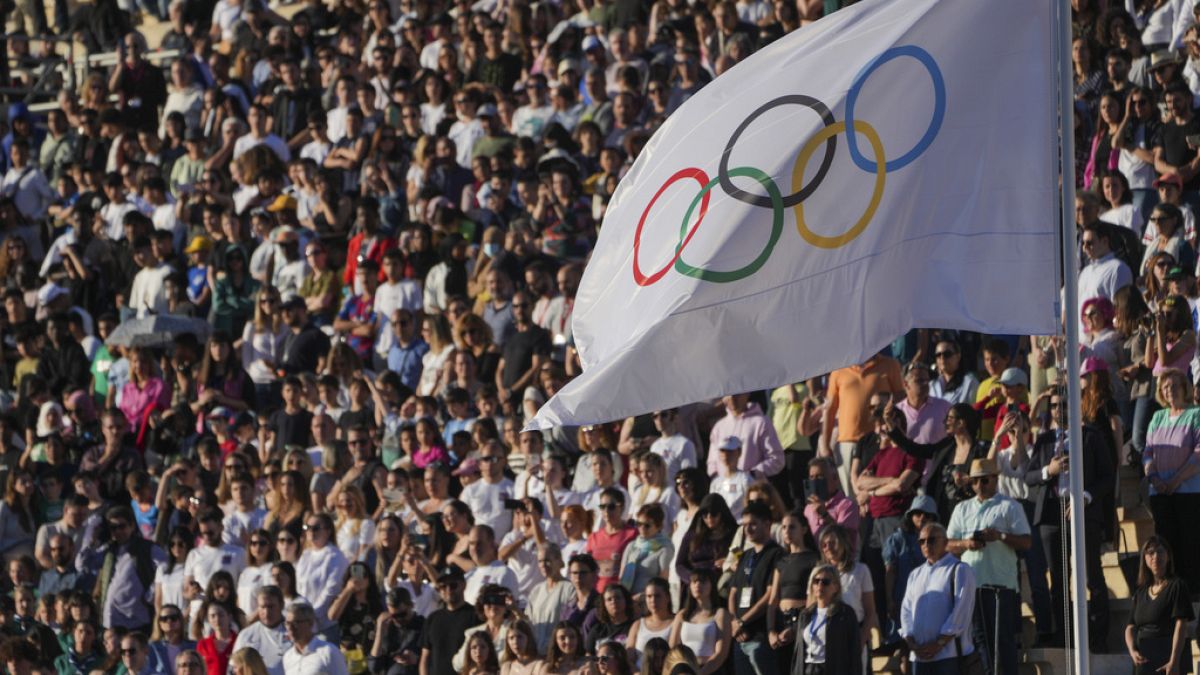The past two editions of the Olympic Games, Tokyo 2020 and Paris 2024, have showcased the dominance of the United States and China on the medal tables, with the US finishing first for the fourth consecutive time. However, Europe has traditionally been the most successful continent in the history of the modern Olympic Games, which began in 1896. The latest editions have seen a shift in power, with Asia emerging as a strong competitor, narrowing the gap with Europe and the Americas. The success of Asian countries like China, Japan, and Australia has been evident in recent Olympics, challenging the US-European duopoly.
Europe has a long-standing history of success in the Olympic Games, with countries like France, Germany, and Great Britain consistently performing well. The Paris 2024 Olympics saw the top European team, France, finish behind China, Japan, and Australia, highlighting the competitive nature of the games. Europe has dominated the Olympic Games for over a century, but the rise of Asian countries in recent years has added a new dimension to the competition. With countries like China investing heavily in sports and training programs, the balance of power in the Olympic Games is shifting.
The success of Asian countries like China, Japan, South Korea, and Australia in recent Olympics has been remarkable, with athletes from these countries consistently winning medals in a variety of sports. China, in particular, has made significant strides in the Olympics, ranking second behind the United States in the medal tally. The rise of Asia as a strong competitor in the Olympics has been facilitated by increased funding for sports, better training facilities, and a focus on developing elite athletes. The success of Asian countries has put pressure on traditional powerhouses like the United States and Europe, leading to a more competitive and diverse field of competitors.
The 2024 Olympics in Paris marked another chapter in the ongoing competition between the United States, China, and other countries for medal supremacy. While the US continued its dominance, China’s strong showing highlighted its growing influence in the world of sports. Asian countries are no longer seen as underdogs in the Olympic Games, with athletes from China, Japan, and South Korea competing at the highest levels. The rise of Asia in the Olympics is a testament to the region’s commitment to sports and excellence, as well as the growing popularity of sports in countries like China and Japan.
The success of Asia in the Olympic Games has been a result of strategic investments in sports infrastructure, training programs, and the development of elite athletes. Countries like China have made sports a national priority, with extensive funding for elite athlete training and development. The rise of Asia as a powerhouse in the Olympics has been fueled by the talent and dedication of athletes from the region, as well as the support of governments and sports organizations. The success of Asian countries in the Olympics is a reflection of the region’s growing influence in the world of sports and its commitment to excellence on the international stage.
In conclusion, the balance of power in the Olympic Games is shifting, with Asia emerging as a strong competitor to the traditional powerhouses of Europe and the Americas. The success of countries like China, Japan, and South Korea in recent Olympics has challenged the dominance of the United States and Europe, creating a more competitive and diverse field of competitors. The rise of Asia as a powerhouse in the Olympics is a result of strategic investments in sports infrastructure, training programs, and elite athlete development. As the Olympic Games continue to evolve, the competition among countries for medal supremacy will only intensify, with Asia playing an increasingly important role in shaping the future of the games.











